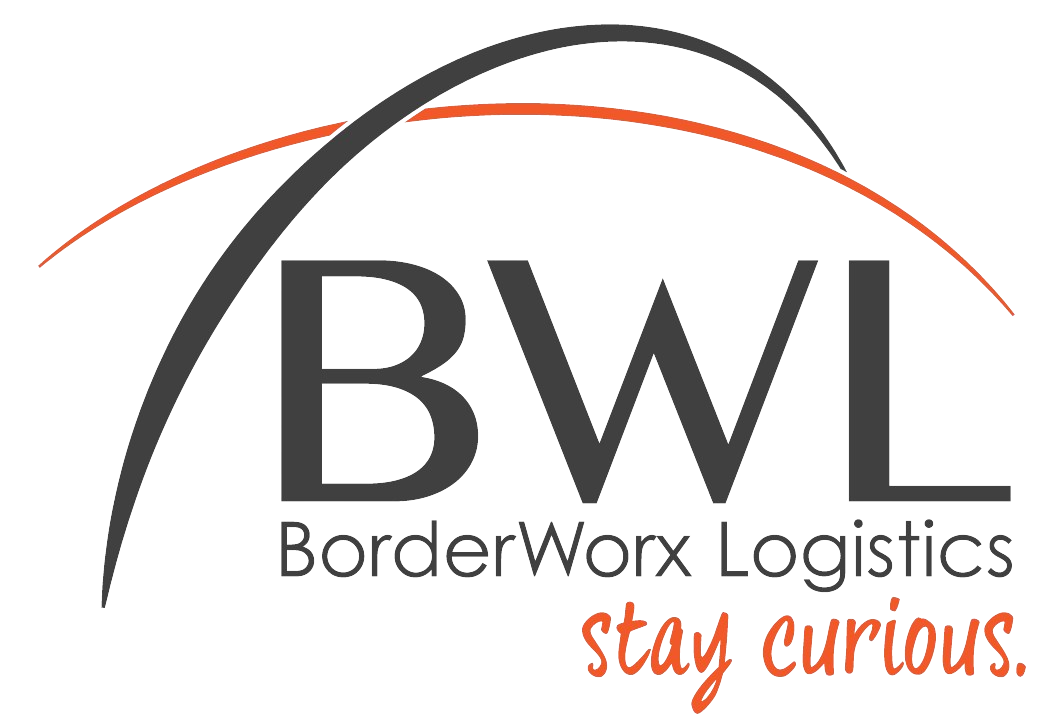In the vast landscape of e-commerce, Amazon stands as a colossus, offering myriad opportunities for sellers to reach a global audience. Among the key decisions Amazon sellers face is choosing the right fulfillment strategy—Fulfillment by Merchant (FBM) or Fulfillment by Amazon (FBA). This choice can significantly impact your operational efficiency, customer satisfaction, and ultimately, your bottom line.

What is Fulfillment by Merchant (FBM)?
Fulfillment by Merchant, or FBM, is a hands-on approach where sellers are responsible for managing their inventory, shipping products to customers, and handling customer service and returns. This method appeals to sellers who prefer direct control over their fulfillment process and have the capacity to store inventory and manage shipments efficiently.
What is Fulfillment by Amazon (FBA)?
Conversely, Fulfillment by Amazon (FBA) offers a more hands-off approach. Sellers send their products to Amazon’s fulfillment centers, where they are stored, packed, and shipped by Amazon upon order. This service extends to handling customer inquiries, returns, and refunds, providing a seamless experience for both the seller and the customer. A significant perk of FBA is the automatic eligibility for Amazon Prime, enhancing product visibility and appeal to a vast pool of Prime subscribers.
Pros and Cons of Fulfillment by Merchant (FBM)
Pros:
- Control: FBM gives sellers complete control over their inventory and shipping processes, allowing for customized packing and a personal touch in customer service.
- Cost-Effectiveness: For sellers with efficient fulfillment systems, FBM can be more cost-effective, avoiding FBA fees.
- Potential for Higher Margins: By avoiding FBA fees, sellers might achieve higher profit margins on their products, especially if they have optimized their shipping and handling costs efficiently.
- Brand Customization: Sellers can include personalized packaging, notes, or branding materials, enhancing customer loyalty and brand recognition.
- Direct Customer Interaction: FBM allows direct communication with customers, facilitating a personalized shopping experience.
- Avoidance of Long-term Storage Fees: Without the need for Amazon’s fulfillment centers, FBM sellers don’t face long-term storage fees, which can add up for unsold inventory in FBA.
Cons:
- Resource Intensive: Successfully managing FBM requires significant investment in time and resources to handle fulfillment and customer service.
- Potentially Higher Shipping Costs: Sellers without large volumes may face higher shipping rates compared to Amazon’s negotiated rates with carriers.
- No Automatic Prime Eligibility: Products fulfilled by merchants do not automatically qualify for Prime, potentially limiting market reach.
- Potential for Lower Conversion Rates: Without automatic Prime eligibility, FBM listings might see lower conversion rates due to longer shipping times and higher shipping costs for customers.
- Increased Administrative Burden: FBM requires sellers to deal directly with customer service and returns, which can be time-consuming and distract from other aspects of the business.
Pros and Cons of Fulfillment by Amazon (FBA)
Pros:
- Convenience: FBA removes the burden of fulfillment from the seller, allowing focus on product development and marketing.
- Prime Eligibility: FBA products automatically qualify for Prime, significantly increasing their visibility and sales potential.
- Scale: Amazon’s vast logistics network can reduce shipping costs and delivery times, offering scalability to sellers as they grow.
- Enhanced Customer Trust: Products fulfilled by Amazon benefit from the trusted Prime badge, leading to higher conversion rates and potentially more reviews due to the increased purchase volume.
- Streamlined Operations: By outsourcing fulfillment to Amazon, sellers can focus more on product development, marketing, and scaling their business without being bogged down by the intricacies of logistics.
- Global Reach: FBA enables easier access to international markets, with Amazon handling the complexities of cross-border shipping and customer service.
Cons:
- Fees: FBA involves various fees, including storage and fulfillment charges, which can accumulate, especially for slow-moving inventory.
- Less Control: Sellers have less control over the fulfillment process and must adhere to Amazon’s packaging and processing standards.
- Complex Fee Structure: Navigating FBA’s fee structure can be complex, with costs for storage, handling, and additional services like gift wrapping. These fees can erode profit margins, particularly for low-margin or oversized products.
- Limited Branding Opportunities: FBA packaging does not allow for personalized branding, which can limit brand exposure and customer relationship building.
- Inventory Commingling Concerns: Although optional, co-mingled inventory can lead to issues with counterfeit products or customer complaints about product authenticity.
Choosing Between FBM and FBA
Deciding between FBM and FBA hinges on several factors, including the nature of your products, sales volume, operational capabilities, and business goals. For small operations with manageable inventory, FBM might offer a cost-effective and personalized way to engage customers. Conversely, FBA is suited for sellers looking to scale quickly, leveraging Amazon’s logistics prowess and Prime ecosystem to boost sales.
Both FBM and FBA have distinct advantages and challenges. The choice between them should align with your business’s operational strengths, growth strategy, and customer service ethos. As your business evolves, re-evaluating this decision can ensure your fulfillment strategy continues to support your business objectives effectively.
Every business is unique, and with that comes different solutions and answers for each business. If you have any questions, or would like some help trying to decide how to move forward with your business, please contact us!
Next Steps
Explore Amazon’s official resources to delve deeper into FBM and FBA, aligning your choice with your business model and aspirations. Remember, the right fulfillment strategy is a cornerstone to e-commerce success on Amazon, making this decision crucial for your long-term growth and profitability.
Explore Borderworx’s Amazon services. We offer solutions for FBM and for FBA, including storage, warehousing and item prep!
